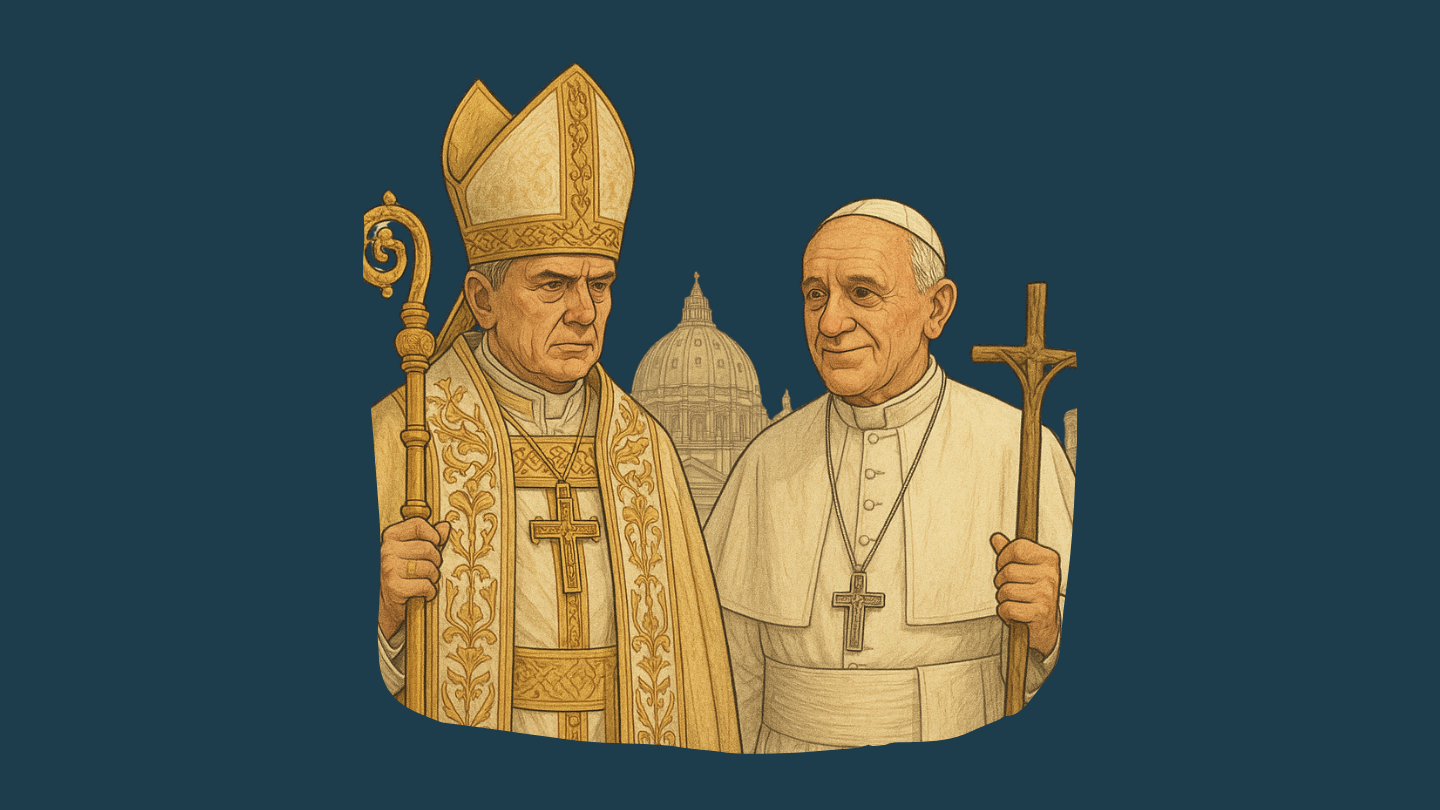digital evidence
Translations
- Arabic: الأدلة الرقمية
- Chinese (Mandarin): 数字证据
- French: preuve numérique
- German: digitale Beweise
- Hindi: डिजिटल साक्ष्य
- Japanese: デジタル証拠
- Korean: 디지털 증거
- Polish: dowód cyfrowy
- Portuguese: prova digital
- Russian: цифровые доказательства
- Spanish: evidencia digital
- Thai: หลักฐานดิจิทัล
- Turkish: dijital delil
- Vietnamese: bằng chứng số
Don't see your language? Try Google Translate
Noun type
Abstract Noun: ""Digital evidence" is an abstract noun because it refers to data or information stored or transmitted in digital form that can be used in legal proceedings. It is a conceptual category of proof — while the data may exist on physical devices, the term itself describes its evidentiary value, not its form.
It is uncountable when referring to the concept: “Digital evidence is increasingly vital in criminal investigations.” It can be countable when referencing distinct items or files: “The hard drive contained several pieces of digital evidence.”
It is a compound noun: digital (from Latin digitalis, “of the finger,” later associated with binary technology) + evidence (from Latin evidentia, “clearness”).
Definition/s
- The suspect’s phone contained digital evidence of their involvement.
- Digital evidence is now central in cases of cybercrime and online fraud.
- Investigators collected digital evidence from the cloud server.
Examples
- The suspect’s phone contained digital evidence of their involvement.
- Digital evidence is now central in cases of cybercrime and online fraud.
- Investigators collected digital evidence from the cloud server.
What are Openers?

- Openers are conversation starters you will use to participate in a discussion. They come in three forms:
- Ask an open question and understand your conversation partners’s views.
- Make sure to ask follow ups, and remember: this is a conversation, not an interview!
- Tell a personal story. Something that has happened to you, or somebody you know.
- Or tell us about something that you have done or seen.
- Your conversation partners must then follow up with you or reciprocate with their own stories.
- Share an opinion about something that the content has inspired.
- Respectfully identify any agreement or disagreement there is in the room.
What are Openers?

- Openers are conversation starters you will use to participate in a discussion. They come in three forms:
- Ask an open question and understand your conversation partners’s views.
- Make sure to ask follow ups, and remember: this is a conversation, not an interview!
- Tell a personal story. Something that has happened to you, or somebody you know.
- Or tell us about something that you have done or seen.
- Your conversation partners must then follow up with you or reciprocate with their own stories.
- Share an opinion about something that the content has inspired.
- Respectfully identify any agreement or disagreement there is in the room.
The Skinny
You’ve been asked to brief a senior executive (the “boss”) on a key issue from a recent business news event. This person is busy and relies on you to give them insight, not headlines.
You have 60–90 seconds to deliver a concise, high-value update tailored to their concerns and communication preferences.
- Who are they?
- What do they care about?
- What do they not want to hear?
- What part of the story matters most to them?
- Don’t explain everything—prioritise.
- Be clear, precise, and professional.
- Avoid informal or emotional language.
Two Papal Styles: Clerical vs. Pastoral

Understanding the difference can help us see why Pope Francis felt so different from past leaders—and why some people loved his style while others disagreed with it.
- Focuses on rules, tradition, and Church authority
- Speaks with clear, firm direction
- Keeps strong boundaries between Church leaders and members.
Example: A clerical pope might defend strict Church teachings on family or sacraments.
- Focuses on compassion, listening, and inclusion
- Tries to meet people where they are.
- Emphasises mercy over judgment.
Example: A pastoral pope might welcome divorced people or support migrants and the poor.

